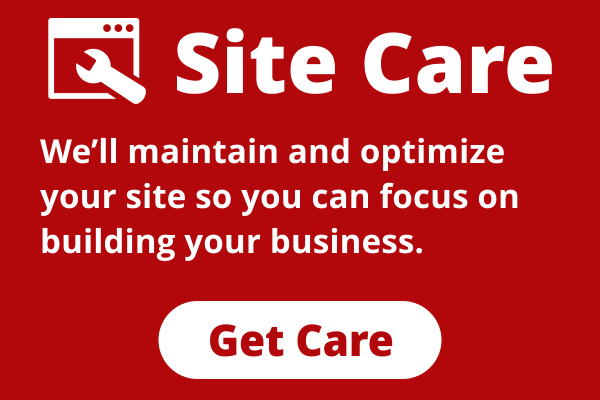Business-to-business (B2B) marketing is aimed at a business rather than an individual shopper. On the flip side is business-to-consumer (B2C) marketing, which is aimed at individual shoppers (consumers). For example, a company that sells website themes to small businesses is a B2B company, while a company that sells headphones to consumers is a B2C company.
B2B marketing caters to the challenges, interests and needs of people who are buying for their company. It helps to think of the company, not the person, as the customer.
Some articles about B2B marketing say that freelancers and solopreneurs are technically in a B2C audience, but I disagree. Freelancers and one-man-show business owners have to make many of the same business decisions as larger companies, especially when it comes to how to spend their resources. Even if a professional is operating under their own name, they still run their career as a business, which puts them in the B2B category.
There are a lot of ways that B2B and B2C marketing can intersect, too. For example, one person can be both a B2B and B2C customer depending on what and why they’re making a purchase. The way you market to that person will be different based on what you’re selling, though. When planning your B2B marketing strategy, you have to think about how your audience differs from consumers. B2B marketing has its own audiences, communication preferences and promotion strategies.





